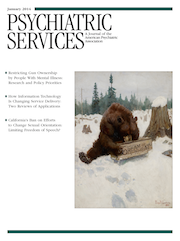One Day I Will Write About This Place
Wainaina, a product of middle-class Kenya, gives us a book that reads more like poetry than prose. He is now transplanted from his African homeland to an American life as a college professor at Bard. Yet he seems to find no place his home.
One Day I Will Write About This Place is a memoir that takes the reader from Wainaina’s English- and native Gikulu-speaking Kenyan youth through his unending peregrinations, first in Africa and now in the United States. He repeatedly alludes to having some oddities in thinking, perception, and behaviors, as well as periods of “falling away” or feeling lost, yet not losing his way or his belief in himself as a writer, despite the admonitions of his parents and siblings.
As a school dropout he fixes on writing and sets off to render with loving honesty the diverse character of Africa, including Uganda, South Africa, Togo, and the wonderfully different and sometimes warring tribal regions of his native land. His prose is loose, fluid, and evocative. His eye for the humanity and inhumanity he perceives is keen and uncensored.
As I read this book, I felt as if I was on a lifelong travelogue with a guide who often subjected himself to the neglect he witnessed as an itinerant, virtually country-less and family-less man. Yet the melancholy is always tempered by wonder and the kindness of strangers.
Just as it’s wise to approach museums one room at a time, this distinctive memoir may best be enjoyed in morsels, one chapter at a time.



